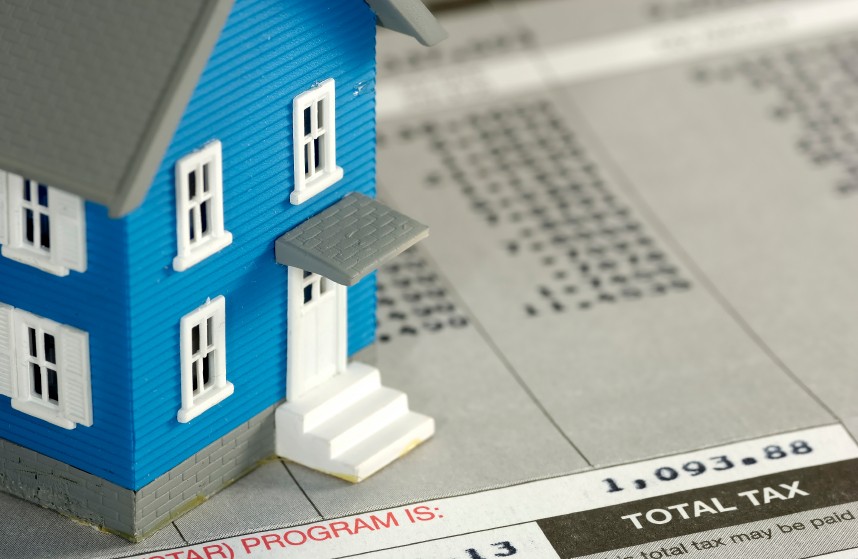Want to Make Money in Real Estate Understand Returns
Post on: 1 Июнь, 2015 No Comment

Before purchasing an investment property, youll want to do your homework and make sure you understand real estates four components of investment returns.
Most people purchase real estate in hopes of earning wealth from their purchase, just as they would with any other investment asset. However, real estate is unique in that it has four distinct components of investment return. Essentially, here are the four ways you can make money as a result of real estate ownership:
- appreciation in value
- cash flows
- income tax benefits
- mortgage principal pay down
Its important to note that just because there are several components of returns, that does not mean you will earn money on real estate investments. Many people lose money due to insufficient research and analysis, as well as through unmitigated risk issues. Do your homework before investing in real estate.
Appreciation in value
Most people buy investment properties with the thought that “it will appreciate in value and I’ll get rich.” If the past six years have taught us anything, it is that real estate doesn’t always go up on value. However, over long periods of time, say 15 to 25 years, real estate seems to perform well and has earned much wealth for many long-term holders.

Be aware, though, that appreciation does not pay the bills. It is better to invest based on cash flows, the next noted component of returns.
Cash flow positive
Most real estate investors do not understand how to pencil out their real estate deal. What this means is putting conservative estimates of rents and expenses down on paper and making sure that the rents, less all the expenses, leave the owner some cash in the bank. We call these “cash flow positive ” properties.
Buying properties with true positive cash flow is the best way to ensure that your investment will add to your wealth. Far too many buyers purchase negative cash flow real estate and take additional monies out of their bank accounts each month, for years, to cover the deficit. That is no way to invest your hard-earned capital.
Income tax benefits
There are potential income tax benefits from owning rental properties. “Benefits” means that as a result of your ownership, you pay less in taxes than you would have if you did not own the property. Unfortunately, few investors really understand how this works.
If you are self-employed and pay little in taxes or you have income greater than $150,000, you probably have little tax benefit from your real estate ownership. Before you start banking on the tax benefits youre going to get from a real estate investment, consult with a tax pro who can tell you whether or not you will actually save a dime.
Mortgage principal pay down
If you have an amortizing mortgage – which most are these days you may realize some return. Each monthly mortgage payment pays the accrued interest, plus a little bit of the outstanding principal of the mortgage. That principal is pure investment return and it can really super-size your returns. However, principal pay down does not provide cash flow, so it can’t help pay the bills if you need money for a plumber, electrician or handyman.
While all the investment returns may help your long-term wealth, the cash flow component is the most important. Cash feels nice in your hands, it pays the bills and, most importantly, it accumulates in your bank account and earns interest. If your investment doesnt generate cash, you wont be able to pay the mortgage, youll likely lose the property and youll never realize the returns youd hoped for.
Leonard Baron. MBA, is America’s Real Estate Professor ®. His unbiased, neutral and inexpensive “Real Estate Ownership, Investment and Due Diligence 101” textbook teaches real estate owners how to make smart and safe purchase decisions. He is a past lecturer at San Diego State University and teaches continuing education to California real estate agents at The Career Compass .
Note: The views and opinions expressed in this article are those of the author and do not necessarily reflect the opinion or position of Zillow.














